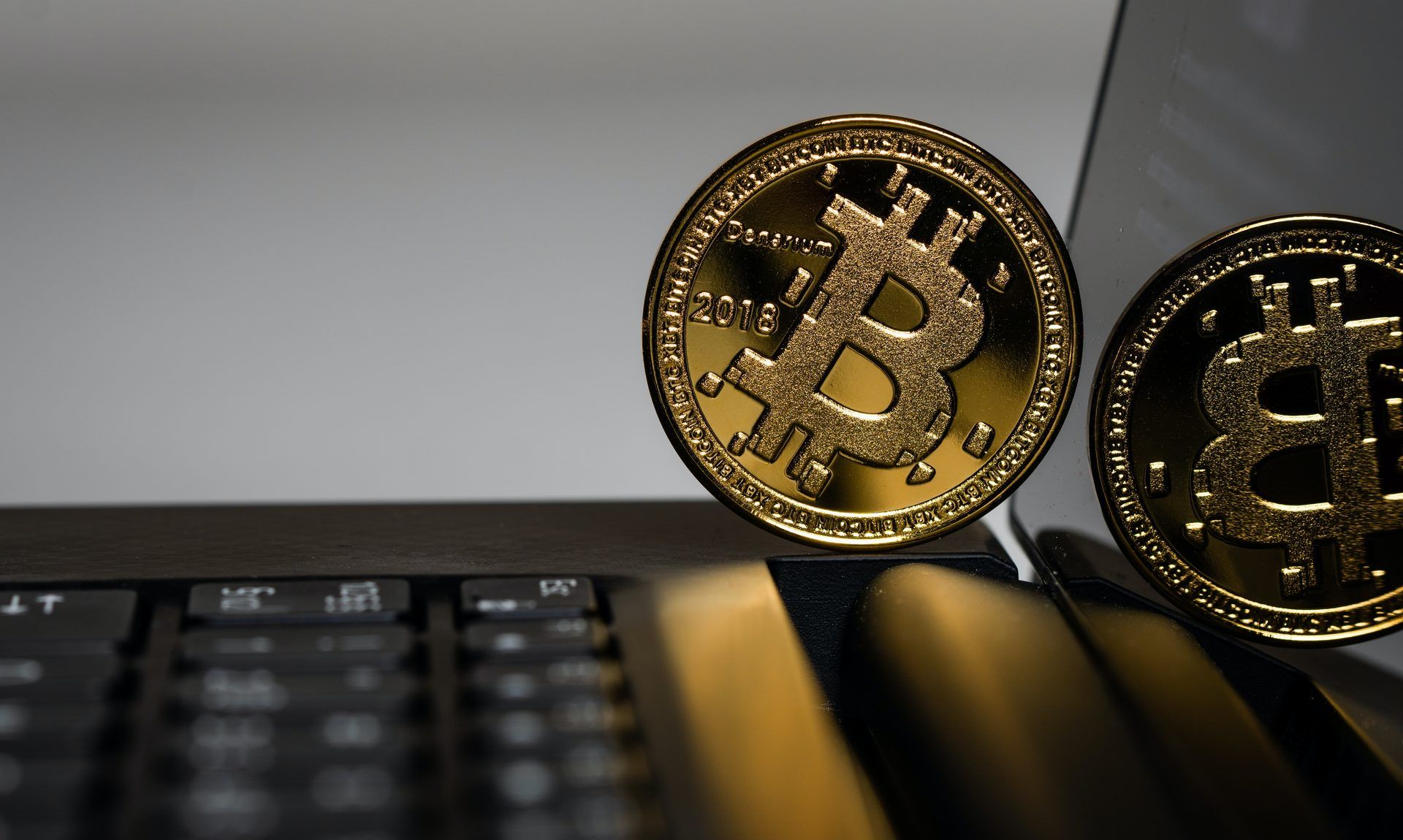
Become A Successful Trader With Forex

If you want to start expanding your knowledge about forex, then look no further. This …
Forex Trading: Things Every Trader Should Know

Forex trading can appear very intimidating to people who are just getting started, and beginners …








